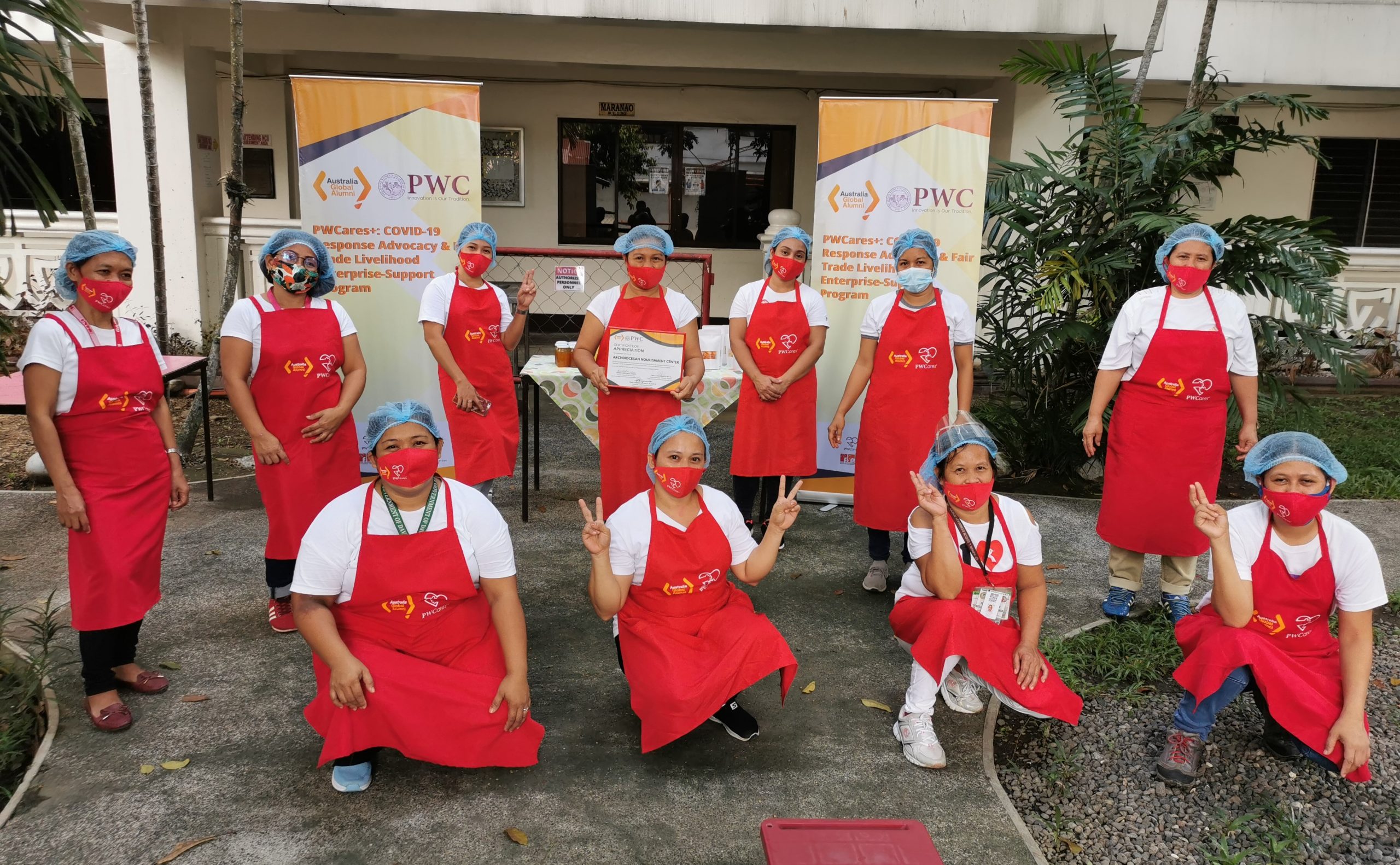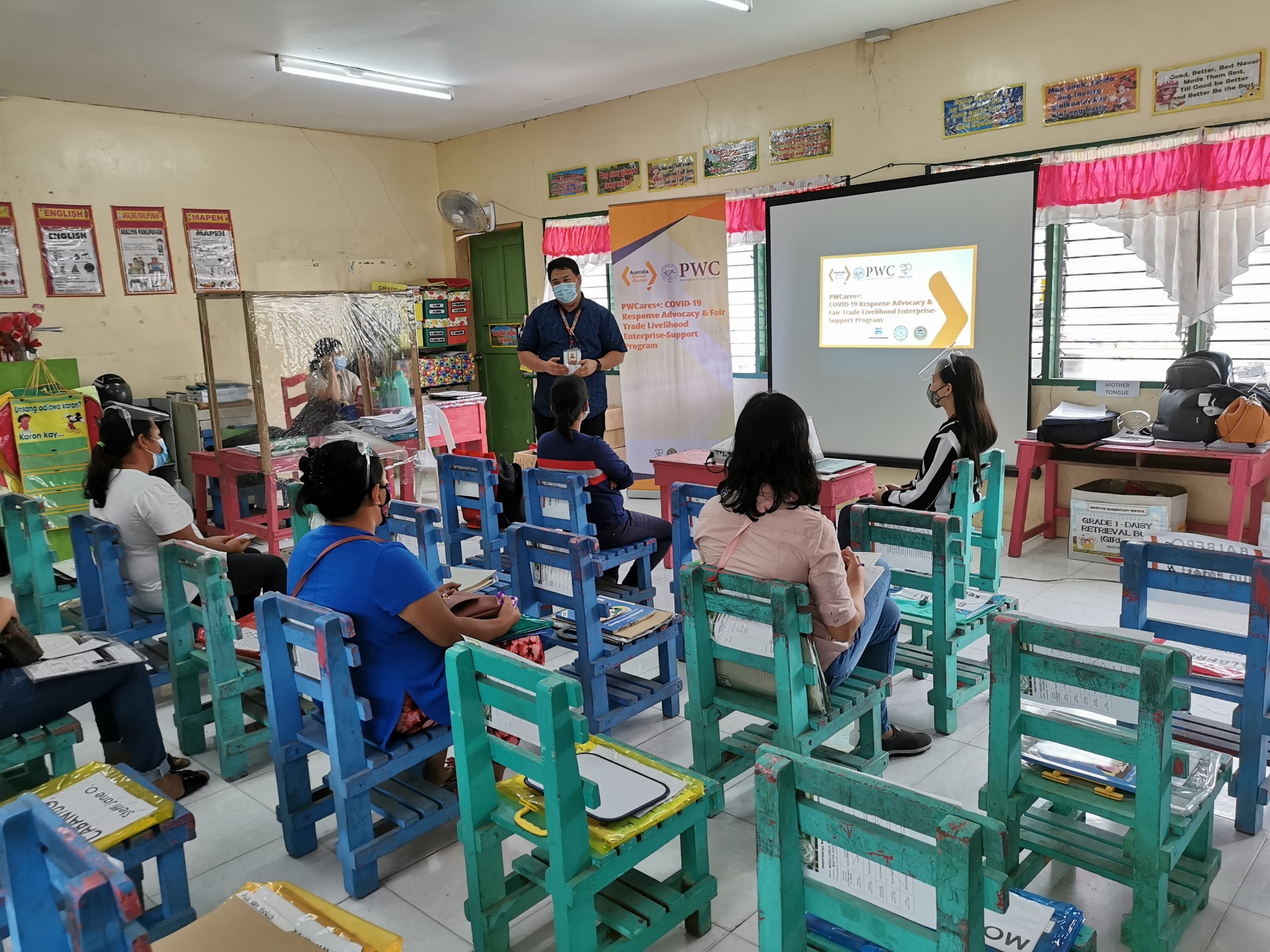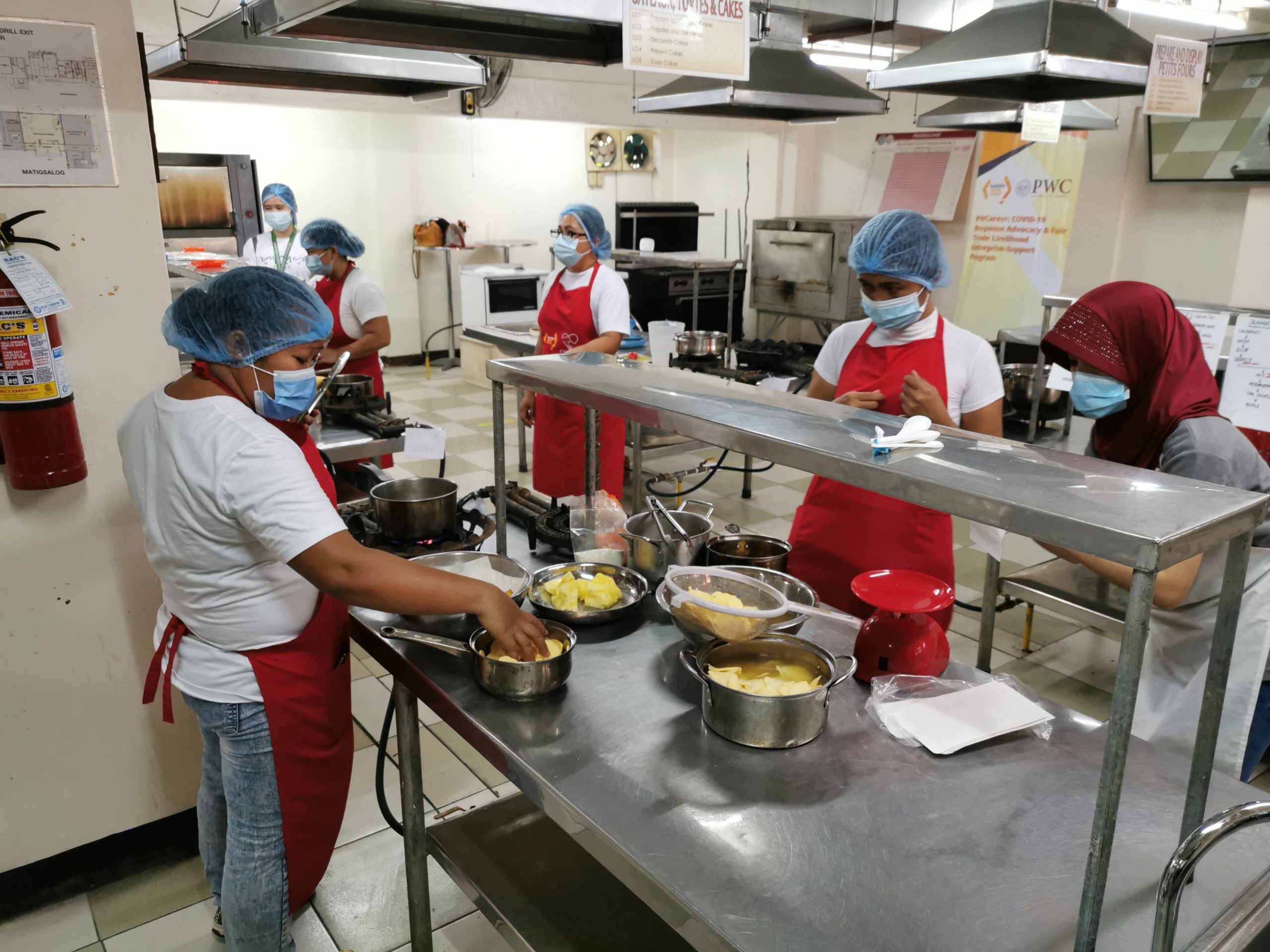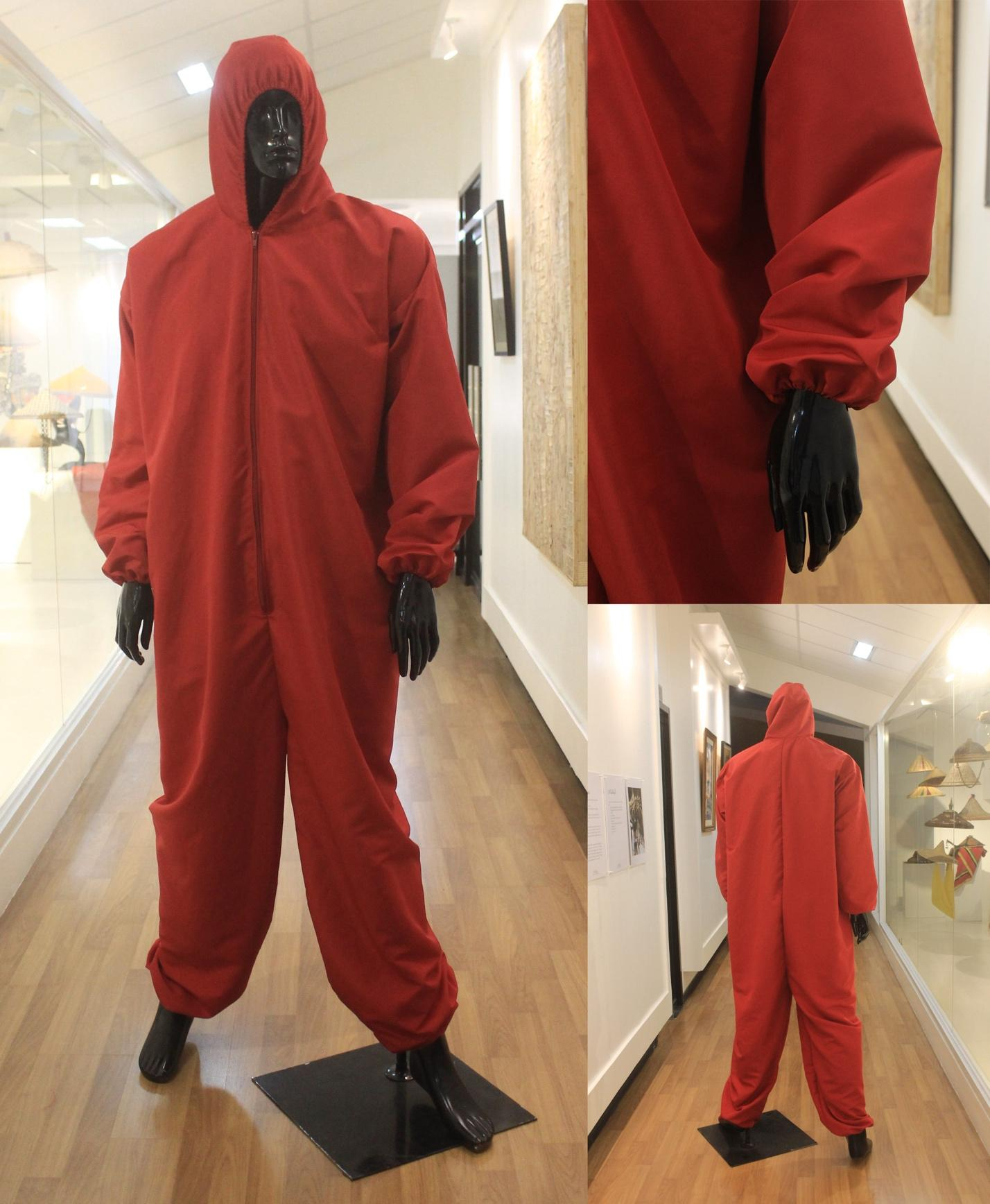PWCares+ empowers communities through social enterprise advocacy

PWC of Davao has long implemented community extension initiatives through the PWCares Program. With the pandemic giving rise to new issues in a manner challenging the traditional methods of enacting solutions, the institution has transitioned its community extension program to a creative, fair trade, and social enterprise advocacy now called the PWCares+.
PWCares+ aims to future-proof communities by empowering them with skills to face consequential crises head on. Among its core objectives is to provide opportunities for supplemental income for the institution’s employees, working students and artisanal indigenous and cottage industry partners through home-based production.
The program was fortunately able to secure funding from the Australia Global Alumni through Ms. Ma. Christina Ramos, chairperson of the PWC Food Technology Program. The Australian Alumni COVID-19 Response Grants Scheme (AGS) provides opportunity for alumni to help respond to the emerging needs and challenges brought by the Covid-19 crisis.
Supported by the AGS, PWCares+ launched training programs on Food Processing and Apparel Production of Personal Protective Equipment (PPE).


Parents from PWC’s partner communities Archdiocesan Nourishment Center and Magtuod Elementary school underwent a one-day food processing training last February 11 and 12, respectively. The session educated the participants on food safety and production of immuno-boosting juices, fruit jams, camote and chips, and meat products. PWC Food Technology program faculty members Paolo Chirho Montejo, Nadzma Darimbang, and Loraine Ruth Lumen served as trainers alongside Food Processing Innovation Center (FPIC) staff and experts Maribeth Saporas, Hazel Prevendido, and Ma. Christina Ramos.
The PWC Fashion Design program on the other hand is spearheading phase 3 of the program, which is the apparel production training for the Brgy. 74-A Matina Crossing community. The participants shall be provided a training kit which includes a guide on PPE Apparel production(suit and mask) and its step-by-step process. The training under Fashion Design program faculty Renee Sinfuego, Jun Artajo, Dally Amandoron, and Andi Amora shall cover material identification to material cutting as well as the process of garment production.

The World Fair Trade Organization Asia (WFTO) has previously provided operational guidelines for good manufacturing practices-occupational safety and health protocols, as well as observance of principles of fair trade, which includes fair payment of workers and ensuring no forms of child labor and forced labor are committed in the production process of COVID-19 protective gears and food.
Launched in October 2020, PWCares+ programs are targeted to be completed in May 2021.
“In this challenging time, it is important that we become sensitive to the needs of the community and be part of the solution,” shared Institutional Community Extension Services (ICES) head Paolo Gaudencio Naval, “we are also fortunate that while we cannot do everything on our own, we manage to find ways through linkages in order to implement projects for the benefit of our partner communities.”
RCM
